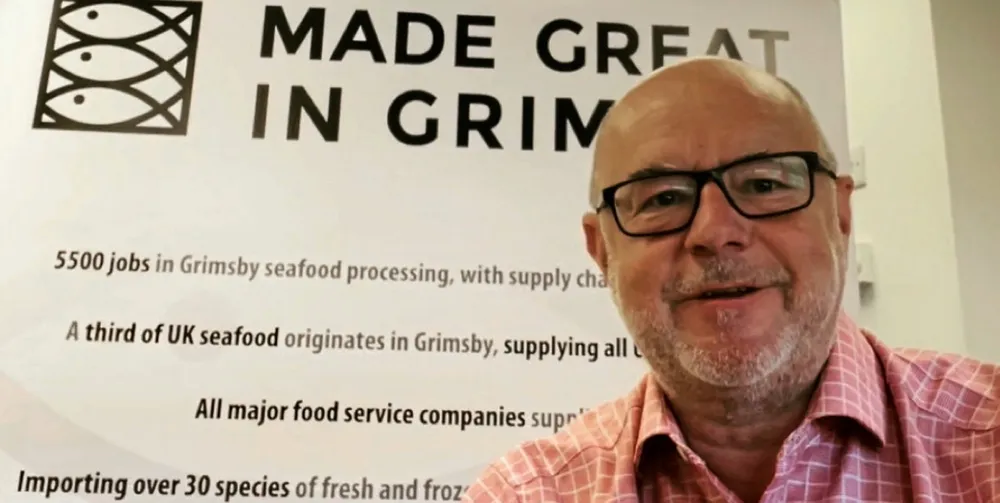As Britons look to shop closer to home, 'Made Great in Grimsby' gains traction
A third of the UK's seafood enters via the port town, and a new effort hopes to lift its profile.

A third of the UK's seafood enters via the port town, and a new effort hopes to lift its profile.
